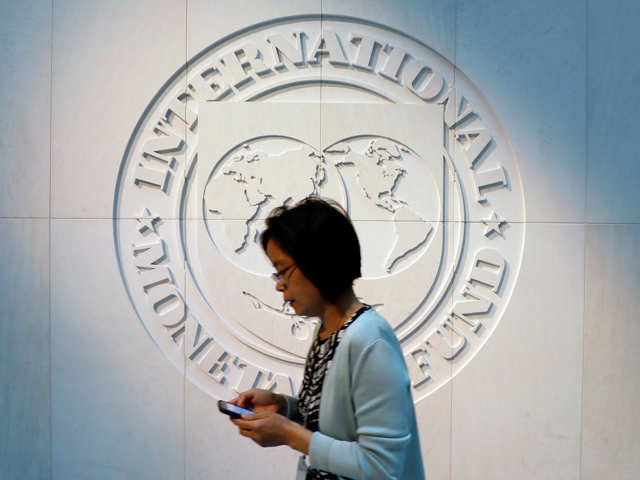
The International Monetary Fund (IMF) said that it will "continue engagement with the government on the loan despite the ramp-up in political tensions”, Bloomberg reported on Thursday.
The remarks by the IMF come days after former prime minister Imran Khan was arrested from the Islamabad High Court (IHC) on May 9 in the Al-Qadir Trust case, leading to political unrest in the country.
The Bloomberg report also maintained that the international money lender said that Pakistan will scrap a new fuel subsidy proposal, a decision that potentially clears a hurdle to unlock a long-delayed $1.1 billion loan disbursement,
In response to email questions, an IMF spokesperson said that Pakistan had “committed not to implement a so-called cross-subsidy programme in the current fiscal year and beyond”. The IMF added that the incumbent government would not introduce new tax exemptions and would “durably allow” a market-based exchange rate for its currency, the rupee.
Read Govt seeks to break IMF gridlock
According to Bloomberg, Prime Minister Shehbaz Sharif raised energy prices and increased taxes to receive the IMF aid, which combined with scrapping the fuel subsidy plan poses significant political risks for his government as approval ratings drop ahead of elections and political tensions escalate over Imran's arrest.
Pricing for fuel was an obstacle in the negotiations between Pakistan and the IMF over the next instalment of a 2019 aid programme, which was stalled since August. Bloomberg stated that there is approximately $2.6 billion left to disburse from the $6.7 billion programme that’s scheduled to expire at the end of June.
In an interview with Bloomberg TV earlier, Minister for Petroleum Musadik Malik said the IMF had hesitations about the fuel subsidy plan, which would have raised prices “for wealthier motorists to finance subsidies for lower-income customers”.
The IMF funds are needed for the government to avoid a default on its external debt. The situation has worsened as the rupee lost a third of its value over the last year, contributing to record inflation while sending interest rates to an all-time high, Bloomberg stated in its report.
Pakistan also needs to confirm other funding that it expects to receive before the programme resumes, which is necessary to help the country increase its foreign exchange which stands “at a critically low level of $4.5 billion and covers just about one month of imports”.
Simultaneously, Pakistan’s political situation deteriorated as protests erupted following the arrest of Imran Khan. Dozens were left injured as protestors attacked military buildings.
Earlier, Moody’s Investors Service warned that Pakistan could default without an IMF bailout as the country faces uncertain financing options beyond June, reported Bloomberg.
“We consider that Pakistan will meet its external payments for the remainder of this fiscal year ending in June,” Grace Lim, a sovereign analyst with the ratings company in Singapore, was quoted as saying in an emailed response to Bloomberg.
“However, Pakistan’s financing options beyond June are highly uncertain. Without an IMF programme, Pakistan could default given its very weak reserves.”




1725967717-0/Untitled-design-(3)1725967717-0-165x106.webp)
1730379446-0/WhatsApp-Image-2024-10-31-at-17-56-13-(1)1730379446-0-270x192.webp)
1730577492-0/Express-Tribune-Web-(26)1730577492-0-270x192.webp)
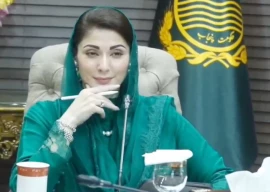


1730543683-0/Express-Tribune--(3)1730543683-0-270x192.webp)
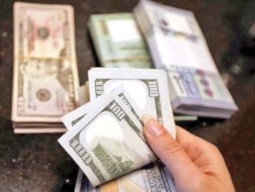

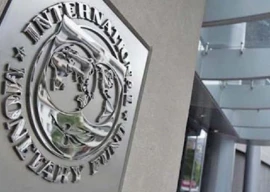

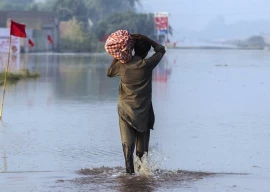





COMMENTS (3)
Comments are moderated and generally will be posted if they are on-topic and not abusive.
For more information, please see our Comments FAQ